I will be heading back to Malawi, Africa to teach Emergency Medicine to the medical registrars and staff at one of their largest hospitals, Kamuzu Central Hospital in the capital of Lilongwe. This will be the same type of mission trip I went on last year, which was an amazing experience with a large impact.
Emergency Medicine is not an official medical field in most parts of Africa, however, they obviously see a wide range of medical and traumatic emergencies, and most do not have any formal training on the topics. By spending two weeks teaching them Emergency Medicine I believe they can carry it forward to not only serve their patients, but also continue to teach new learners to increase overall outreach. I will be teaching on the medical wards, giving lectures, and doing hands-on training such as point of care ultrasound and airway management as well as procedures such as central lines and paracentesis.
A typical day on the mission trip last year: I would attend morning teaching rounds, and offer pearls and answer questions. Following this, I would give a lecture to the medical students and residents. In the afternoon, we would give 1-2 more lectures followed by 2-3 hours of hands-on procedure/teaching time in their small simulation lab.
As discussed above, the main beneficiaries of the medical providers learning Emergency Medicine knowledge and techniques are certainly the patients. Emergency Medicine is a unique field that is quite important in austere environments and low resources communities, and by educating them (as opposed to just providing resources) the impact for the local communities and medical providers will be greater and longer lived. KCH hospital serves a large encatchment area, which includes an almost exclusively rural and underserved population. This hospital has a working relationship with University of North Carolina, Chapel Hill, where I completed residency and has helped facilitate approval of the project. The patients of low resource African communities deserve basic urgent/emergency care, just like we do here in the states, and luckily, most of it can be done with medical logic and an ultrasound.
On the mission trip last year, it was abundantly clear that the learners benefited greatly from our teaching. Even in a few short weeks, we saw them changing their patient management to benefit their patient population, and it was very gratifying. They were very sad to see us depart, and clearly looking forward to our return.
As alluded to above, the expected impact of hands-on education, using multiple modalities, and only with the resources they have available to them is that it will foster a new curiosity and understanding in managing medical/traumatic emergencies. I hope this will lead to either a more formal curriculum for their medical trainees, or at least continued independent learning on said topics. This will benefit their patients directly, and also the medical professionals I work with will continue to pass along the knowledge that they will hopefully gain by working with me. This effect will hopefully be long lasting, and could potentially lead to a more robust relationship in the future.
While on the mission trip last year, it was very clear that the medical registrars, and attending physicians, benefited greatly from our teaching, especially in cardiopulmonary emergencies and airway management.
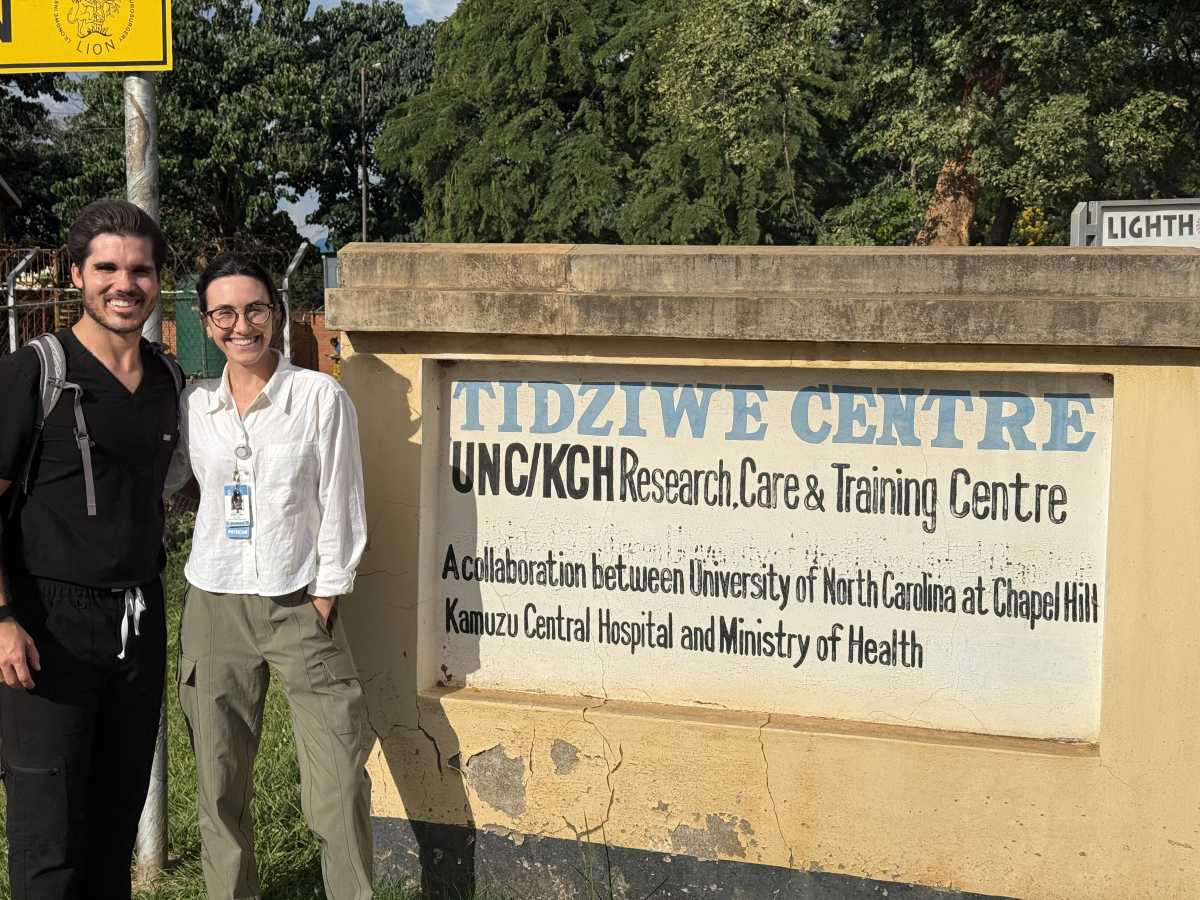
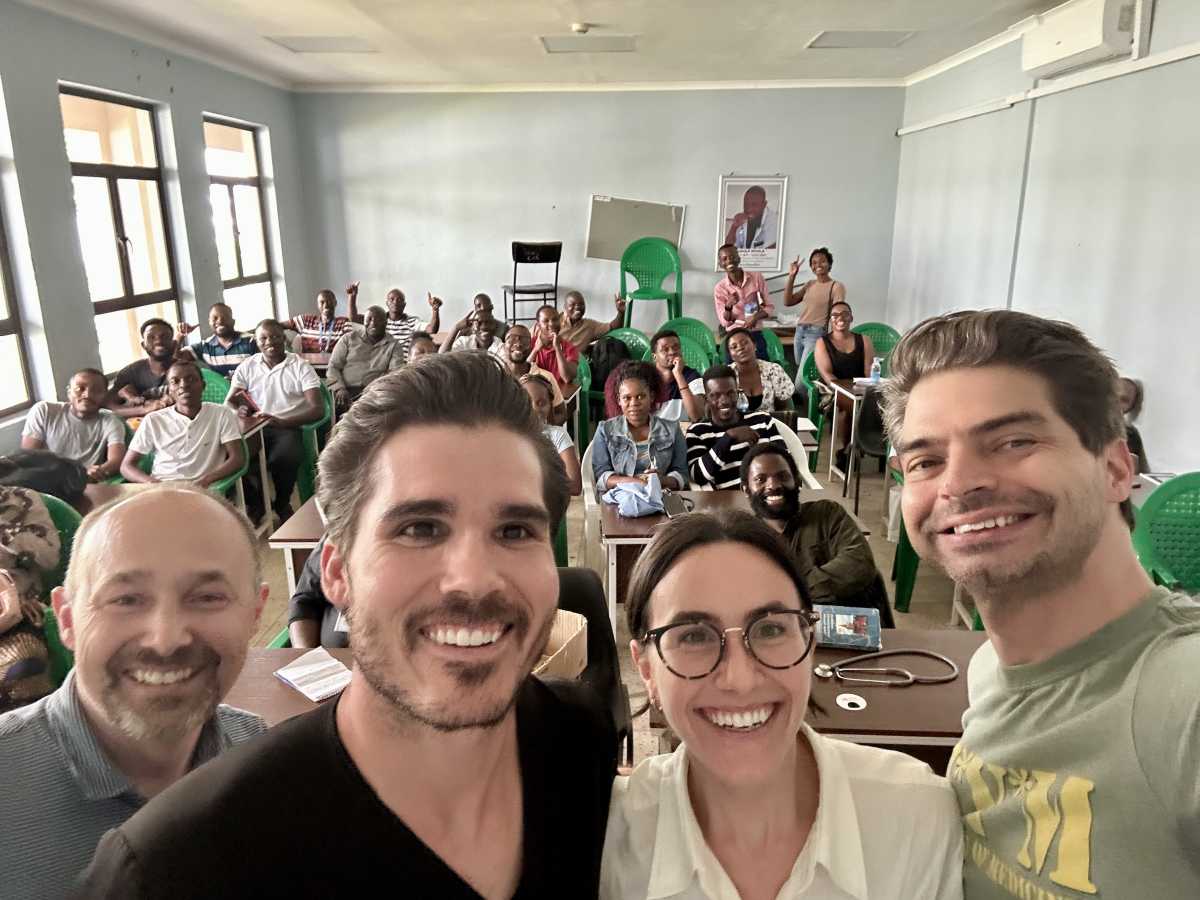
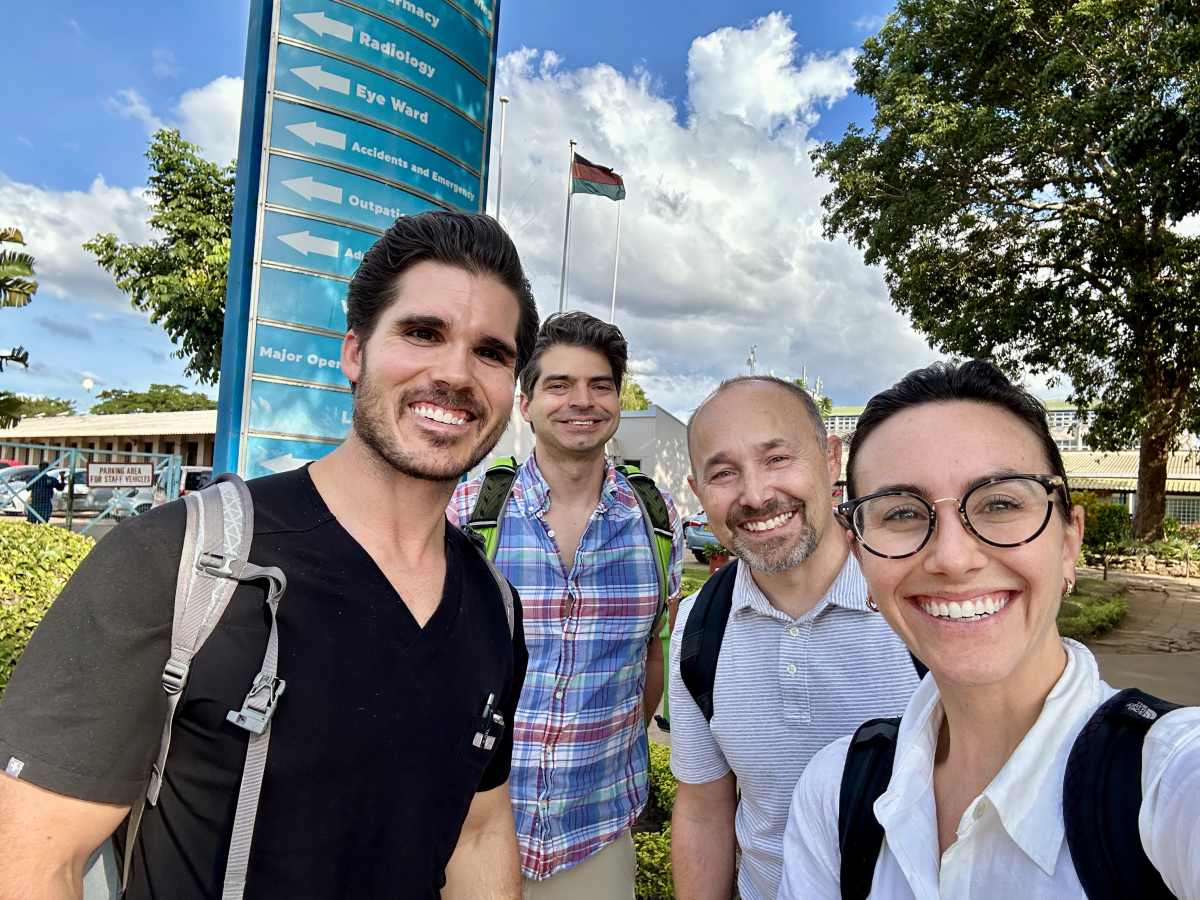
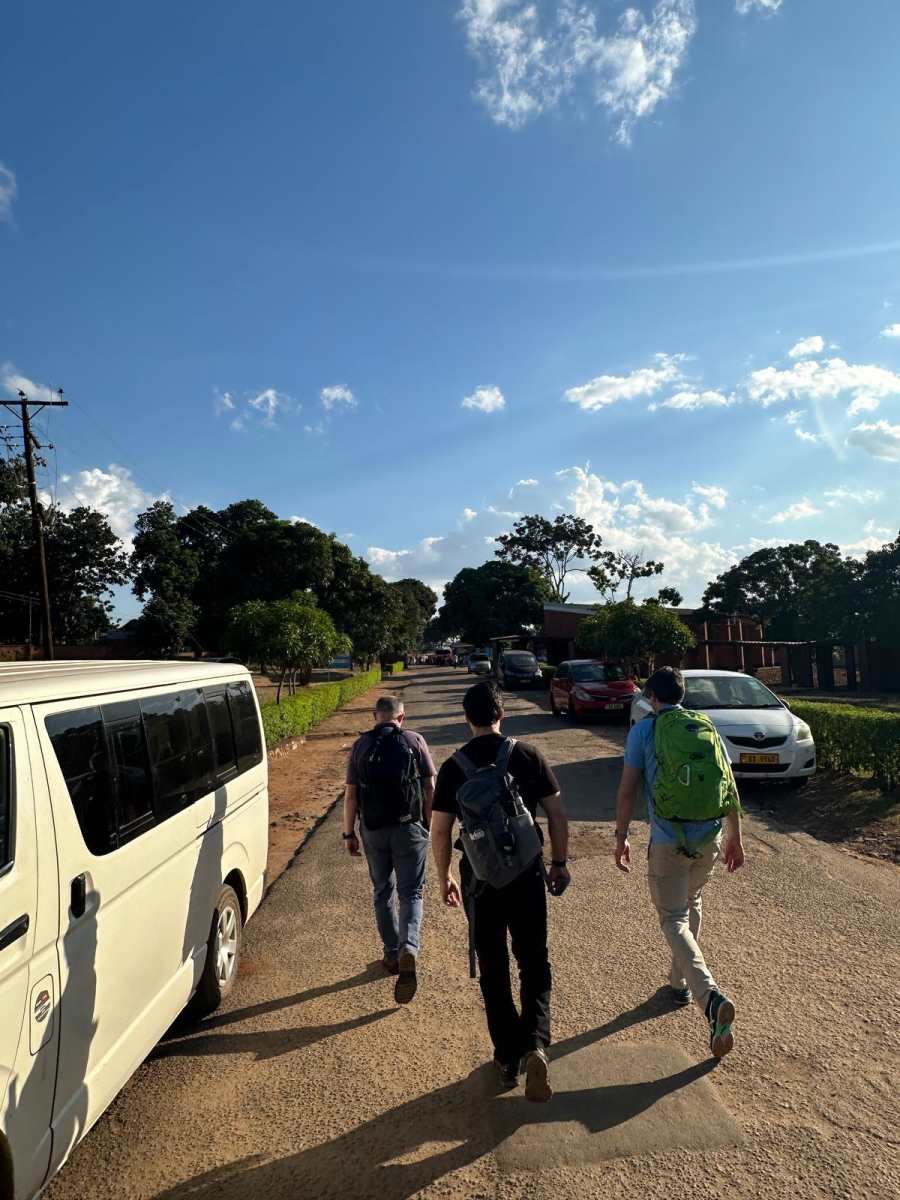





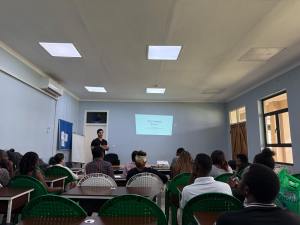
We had a very successful trip back to Kamuzu Central Hospital in Malawi. Our trip primarily focused on teaching trainees both in the anesthesia department and the medical department. In addition to helping them care for patients clinically, we had dedicated teaching for the entire afternoon each day. These teachings included lectures, simulations, case based learnings, among other modalities. We believe by teaching information and techniques to medical providers in under-resourced areas, they are able to use and transmit these teachings to the people we hope to impact the most, their patients. We also provided a large amount of medical supplies, but the longer and more lasting impression, we hope, will be from the teaching and time spent clinically with the learners. Supplies will run out, but knowledge lasts a lifetime. During our time with them, we saw real time changes in their clinical practice, which was very gratifying.
The Malawian people are some of the most kind and welcoming people I have ever met, and for the second straight year, they welcomed us with open arms and were very sad to see us depart. Upon departure they smiled and said, "You will always have a home in Malawi." An emotional departure for sure. I hope to be able to return and continue the work in the future.
I cannot thank the Dox Foundation enough for funding the flights.